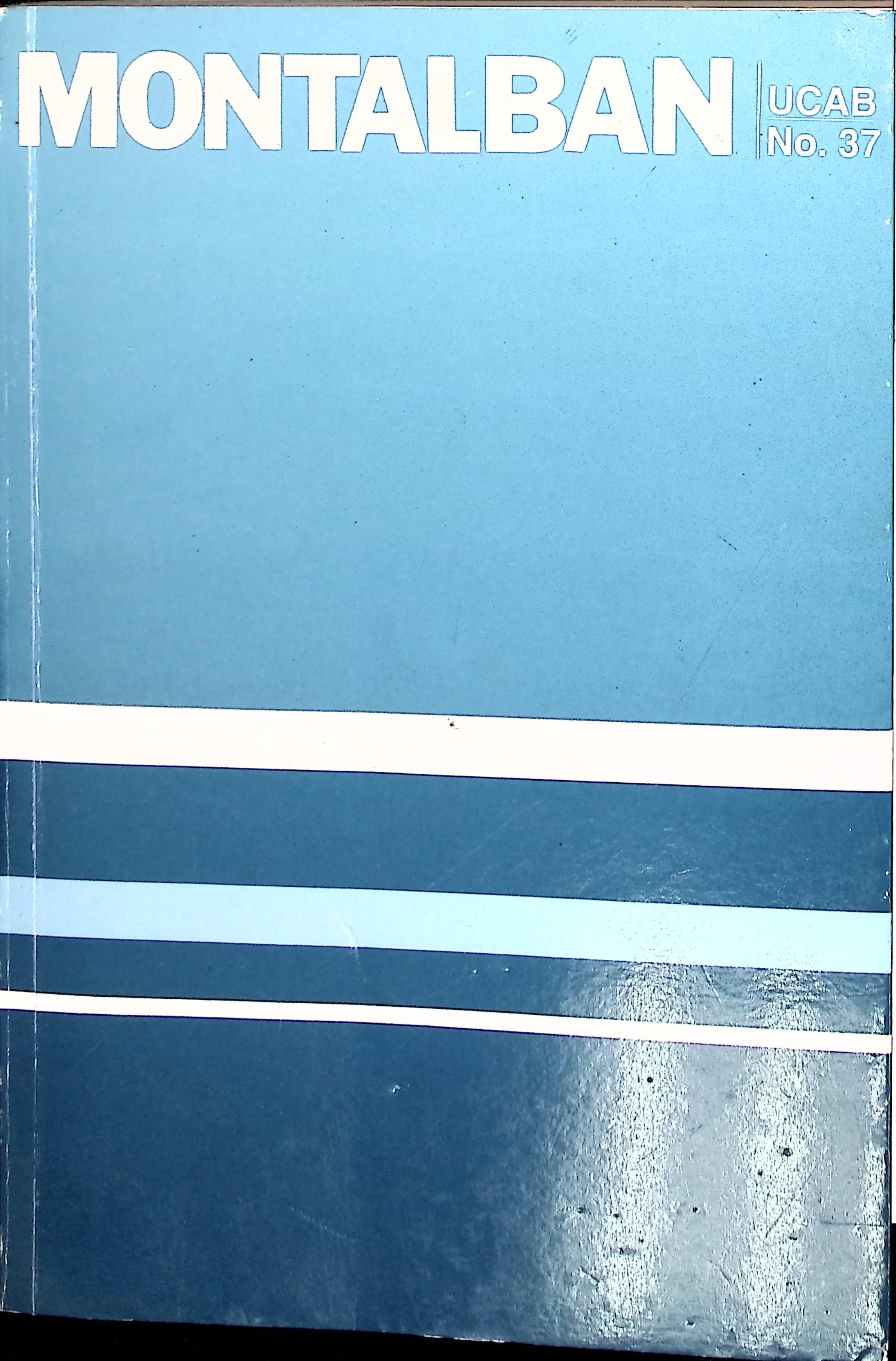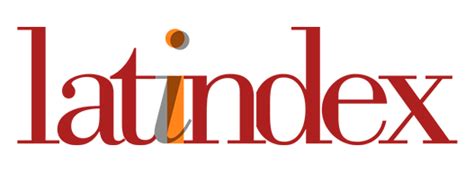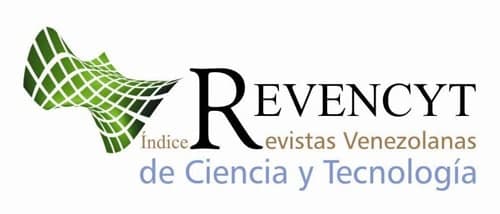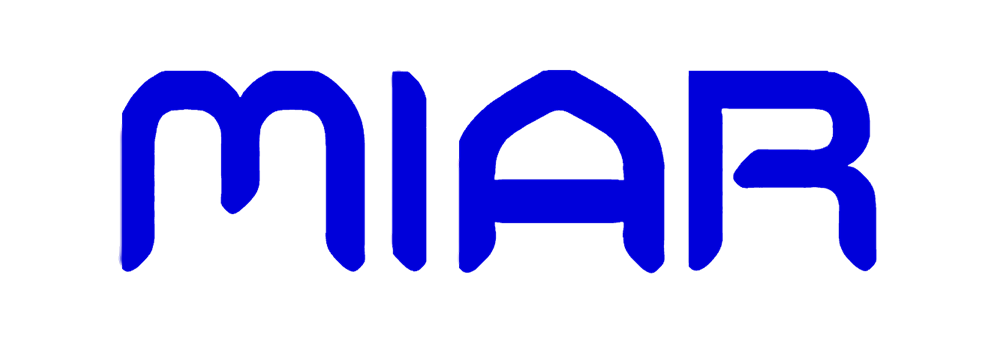Venezuela's claim to of Essequiba Guyana 1964-1966: New times vs. old attitudes attitudes
Keywords:
Inform, Controversy, Arbitration Award, Good officesAbstract
This preliminary study of the dispute over the Essequibo, entitled: The Venezuelan Claim to Essequiba Guyana, 1964-1966: New Times s. Old Attitudes, was conducted through access to non-confidential through access to non-confidential documents of the US Department of State, and reports by Venezuelan experts. and the reports of Venezuelan and foreign experts in the field. and foreign experts in the field. In 1964, the Venezuelan Government, as Jo had done in 1895, requested the had done in 1895, requested the intercession of the United States before Britain in the Britain in the Essequibo controversy. The Department of State ordered its Legal Advisor's Office to prepare a study on the territorial dispute to prepare a study on the territorial dispute. The report submitted by Consultant Jerome Henry Silber in 1965 reached important important conclusions on the results of the 1899 Paris Arbitral Paris Arbitral Award of 1899. Among them, it is worth highlighting: the absence of of undue pressure for the signature of the 1897 Treaty because Venezuela had not been represented in it. the possibility for the parties involved to have annulled the Award when it was the possibility that the parties involved could have annulled the Award when it was promulgated, on the grounds of ‘excess of power’, and the ‘excess of power’, and the impossibility for Venezuela to object because it had consented to it. objections because it gave its consent to the Award and expressly declared in 1941 that it expressly declared in 1941 that it considered the treatment of the issue closed. of the issue. Thereafter, the U.S. position in the dispute was one of non-interference. the controversy was one of non-interference.





